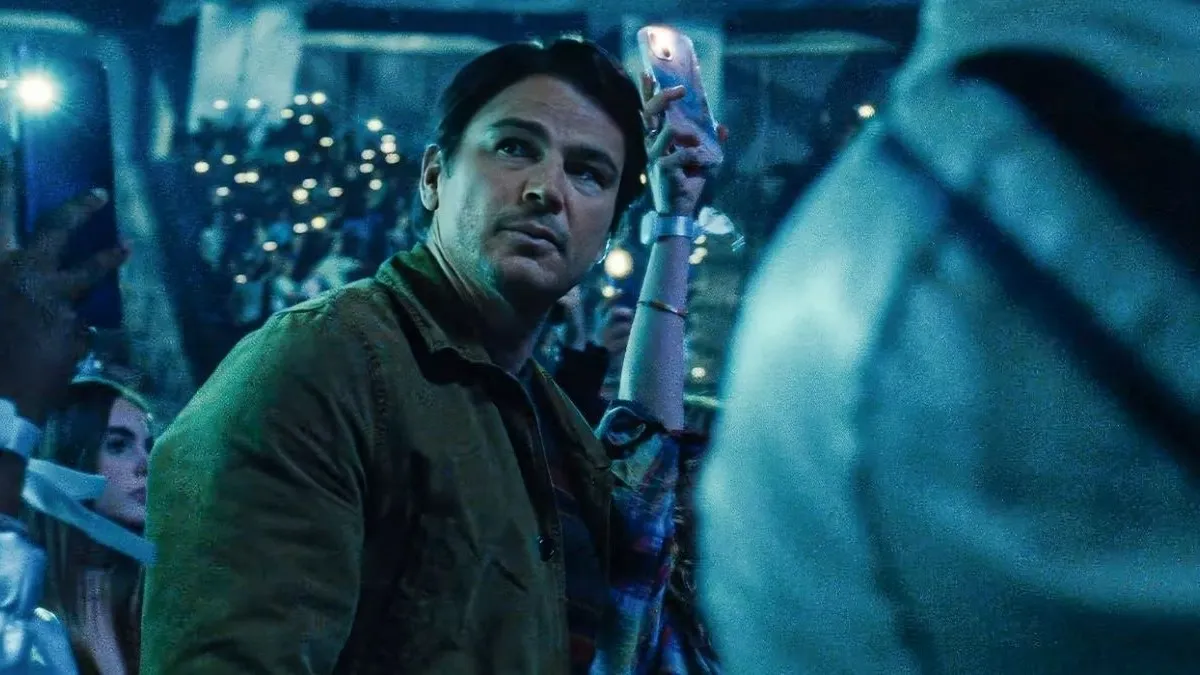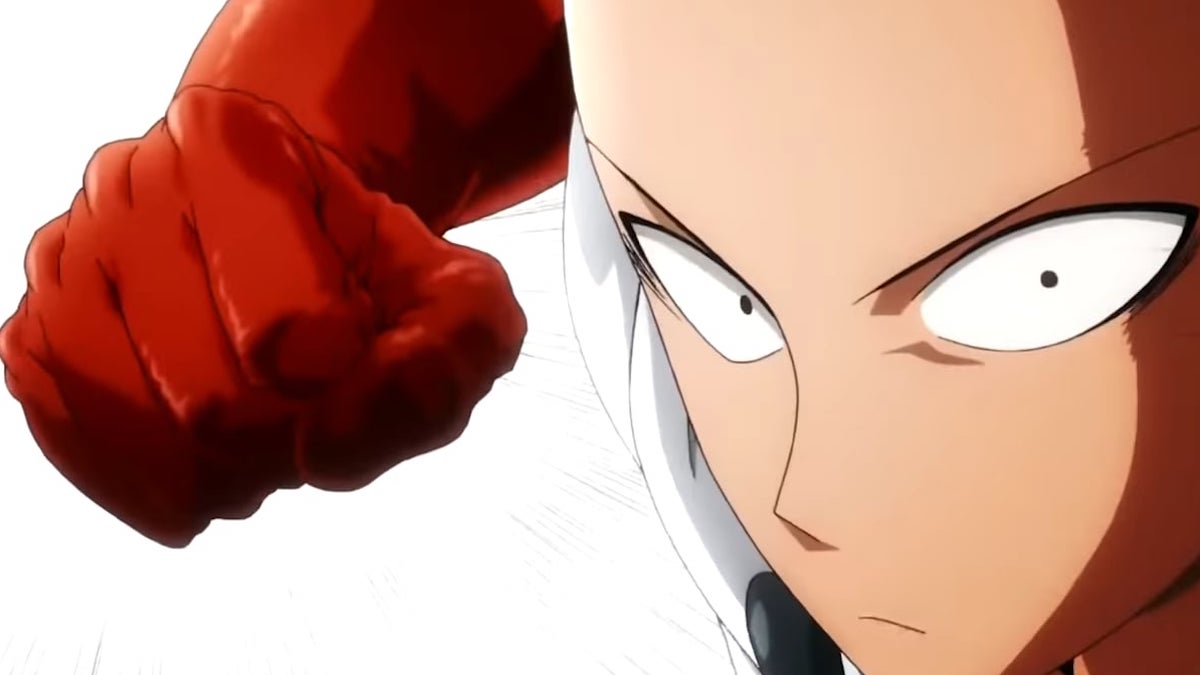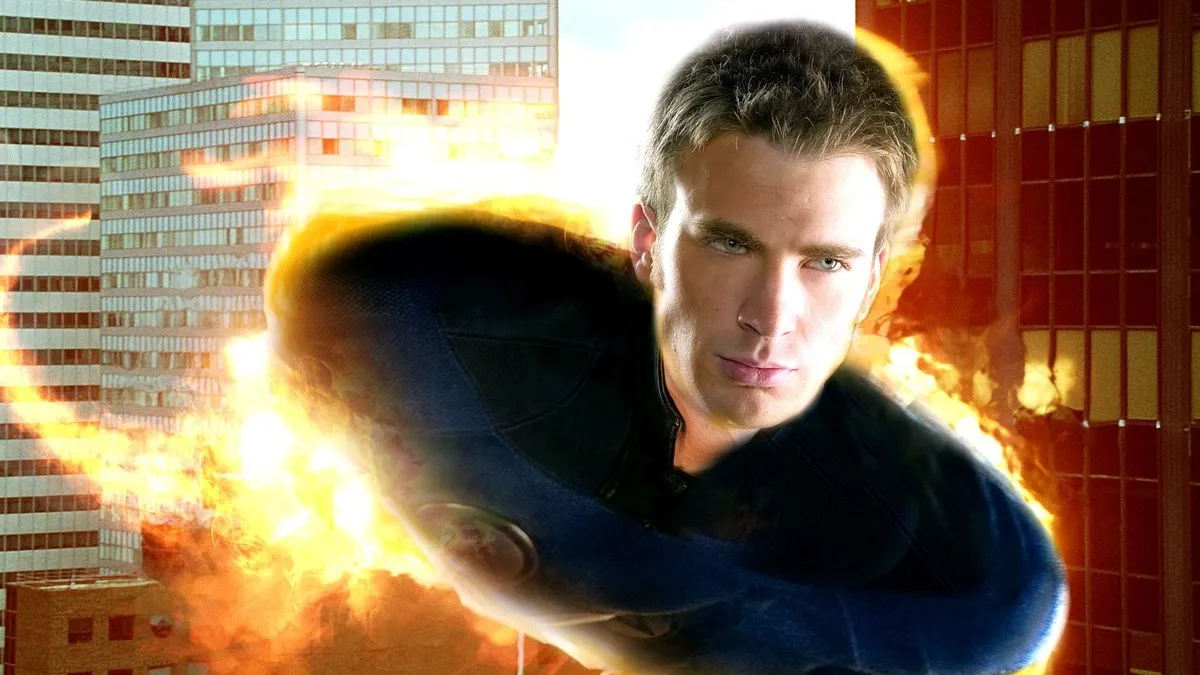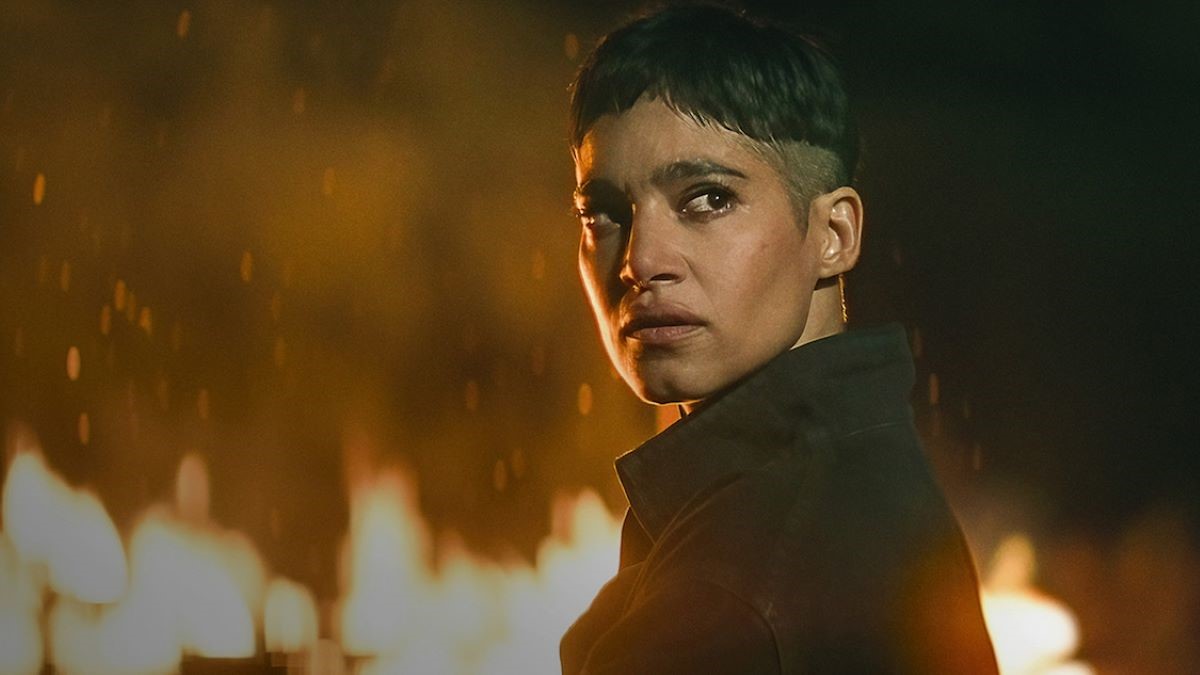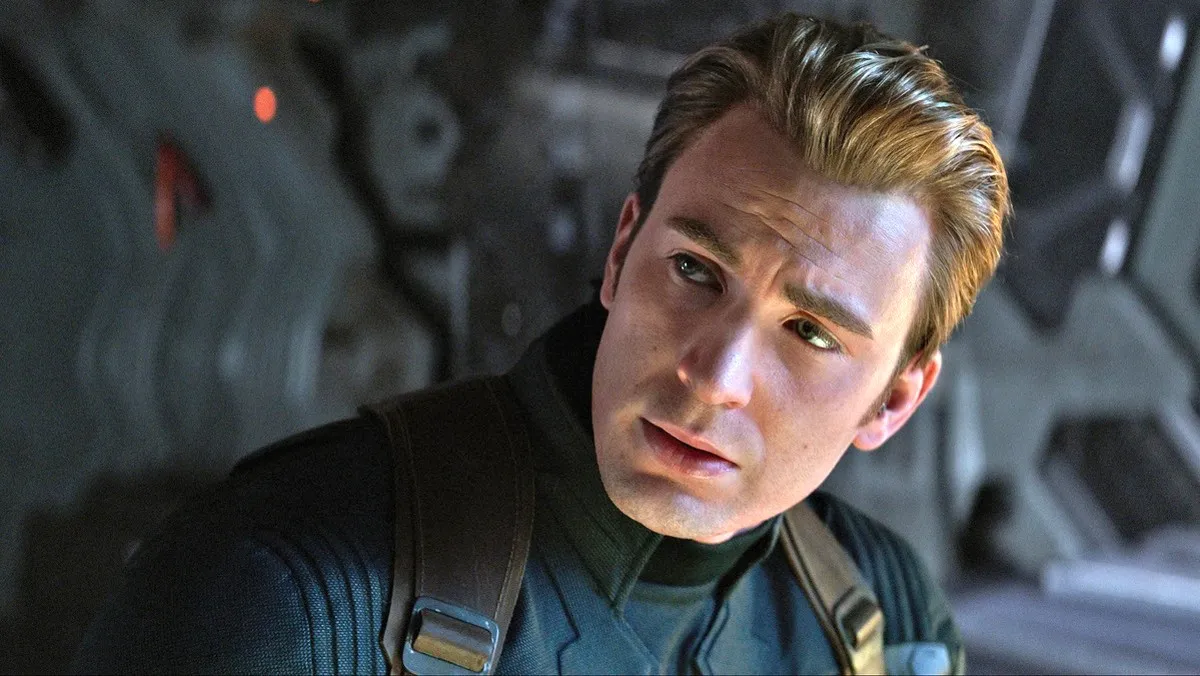
As someone who’s been forced into the all-night-raving world of EDM (Electronic Dance Music) by proxy, I’m no stranger to Steve Aoki. Roommates and friends alike have filled my apartment with stories about the cake-throwing wild-child, coupled with their desires to one day be “caked” themselves (why waste a good cake, if you ask me).
This is how I entered Justin Krook’s Netflix documentary I’ll Sleep When I’m Dead, with a frosting-covered caricature of the generational powerhouse and his performance-focused talents. Not his father’s pseudo-abandonment. Not his hardcore, angsty rock beginning. Just a crowd-surfing ball of fun who hits play with the best of them – an admittedly ignorant view on a man with so much more to say.
While growing up in the shadow of super-hero-incarnate Rocky Aoki, many assumed Steve Aoki was born with a silver spoon in his mouth. Rocky’s legend reaches far and wide (Founder of Benihana/Olympic wrestler/World Record breaker), but his commitment to success didn’t come without sacrifice. Family was only the third-most important facet of life (proclaimed during a television interview), and the few times Rocky was around, Steve Aoki’s choices always remained in question. So begins a lifetime of constant approval-seeking, as Steve channeled his father’s disregard and became one of the world’s most influential DJs. A true American dream, powered by heartbreak and a dangerous addiction to success.
Luckily (sorry, I still haven’t jumped on the EDM train just yet), I’ll Sleep When I’m Dead reaches deep into Steve Aoki’s past to explain his current status as robot-music royalty. Rocky claimed he only slept for four hours a night, and Steve might be on that same schedule as suggested by recorded tour footage. Krook takes us on the road with the DJ, who splits single weekends between different countries if he’s feeling only mildly ambitious.
Steve boasts a statistical anomaly of 300 shows played in one year alone, which is gawked at by fellow DJs (Diplo/Laidback Luke/Afrojack) who show nothing but respect for the hardest-working self-promoter in the game. Watching Steve go from club to club with the same spiked energy makes you respect his craft based on stamina alone, and also recognizes the passion in each layer of sheet cake left covering audience members.
Krook works to dissect what makes Steve Aoki tick (while avoiding a superficial fate), and questions what kind of motivations keep the beats flowing. Aside from his obvious need to meet Rocky Aoki’s samurai-like approval, interviewees reveal that the producer constantly surrounds himself with company, because being alone leads to actual thought-processing and self realizations. Too much isolation becomes a scary thing, so Steve Aoki does what he knows best – planning, touring and a little more work.
Playing that 2AM warehouse rave because an adrenaline junkie is always itching for their next high, and because lighting people’s nights ablaze sounds better than facing dark, harsh realities. This coming from a man who doesn’t even drink anymore (since the tragic death of good friend DJ AM), and lives off the natural ecstasy radiating off screaming, adoring crowds. Certainly sounds better than falling victim to accusations of “selling out,” and remaining hung-up on his unsympathetic father figure.
Krook also does a respectful job of focusing on Steve Aoki, and not painting Rocky as a true villain. This isn’t Amy. Steve’s energy stem’s from Rocky’s own daredevil lifestyle, and everything Steve pushes for is because Rocky didn’t think much of his early decisions. The Dim Mak record label (which discovered Bloc Party), The Pickle Patch shows (which featured bands such as AFI, Jimmy Eat World, At The Drive-In, ect.), Dim Mak Tuesday’s (early sets from Afrojack, Daft Punk, etc.) – everything Steve Aoki did/does has an edgy Do-It-Yourself veneer, because everything Steve Aoki accomplished has been on his terms.
Every bowl of Ramen was with his father’s approval in mind, yet his mother was the one who never left his side, encouraging him during his darkest times. Steve constantly attributes his success to her, culminating in a touching shot of Mama Aoki watching her son play a sold-out show in the streets of downtown LA, aptly dubbed LAOKI.
I’ll Sleep When I’m Dead offers a fine look into the life of Steve Aoki, exposing both the positives and negatives in his life that have led to mainstage superstardom. Rocky’s disciplined upbringing, the passing of a good friend, the support of a musical movement that fuels Steve’s always-pumping engine – Justin Krook does right by the DJ, and dishes enough neon-lit goodies for EDM fans to gaze at. My only gripe is Krook might have been able to dig a bit deeper at times, and openly explore some of the harder times, but that’s not what EDM culture focuses on.
When audiences attend a show, they’re searching for an escape, and with the same mentality, Krook offers exactly that. An easily-digestible table that’ll have you feeling a few emotions and dancing to the beat, never too overwhelming, and always with hype in mind.


